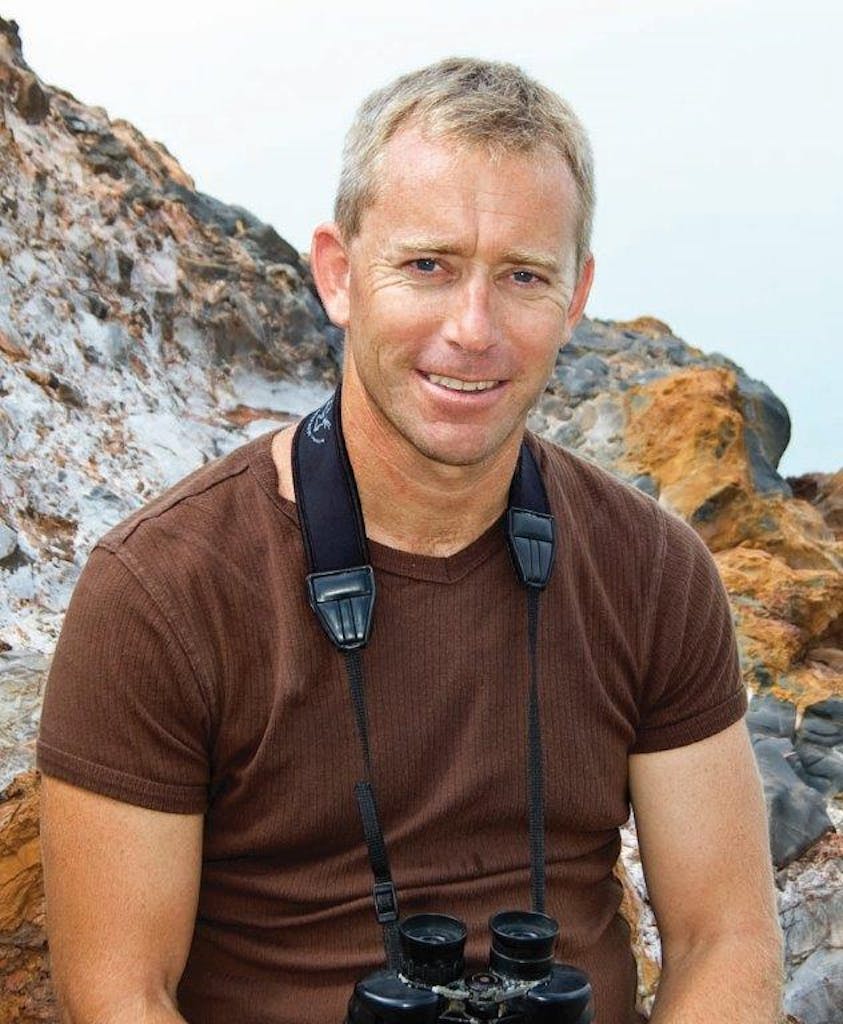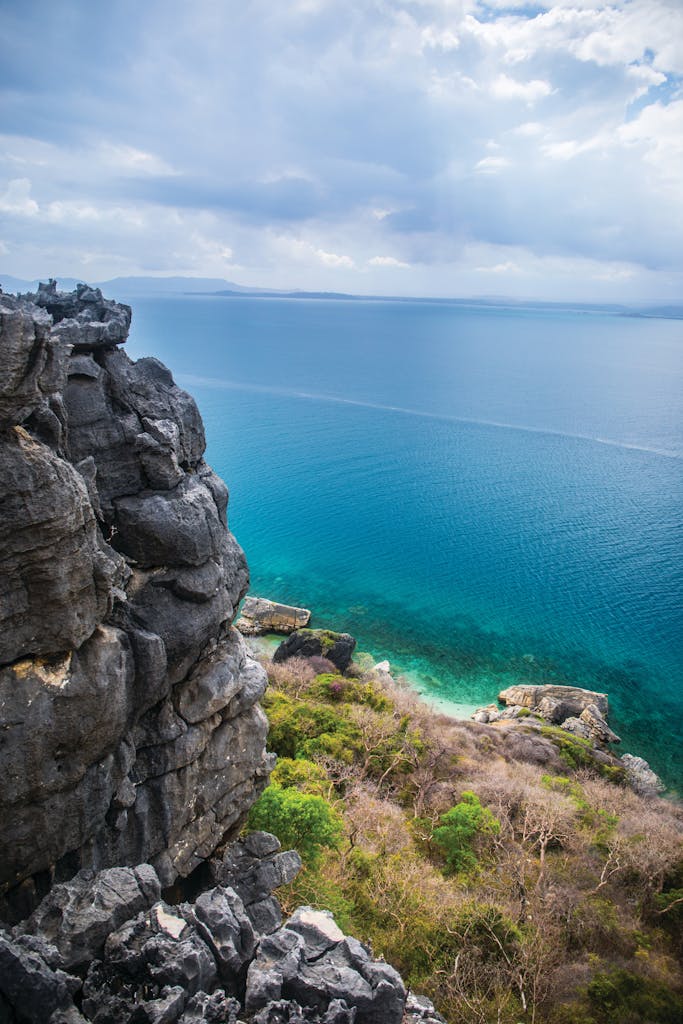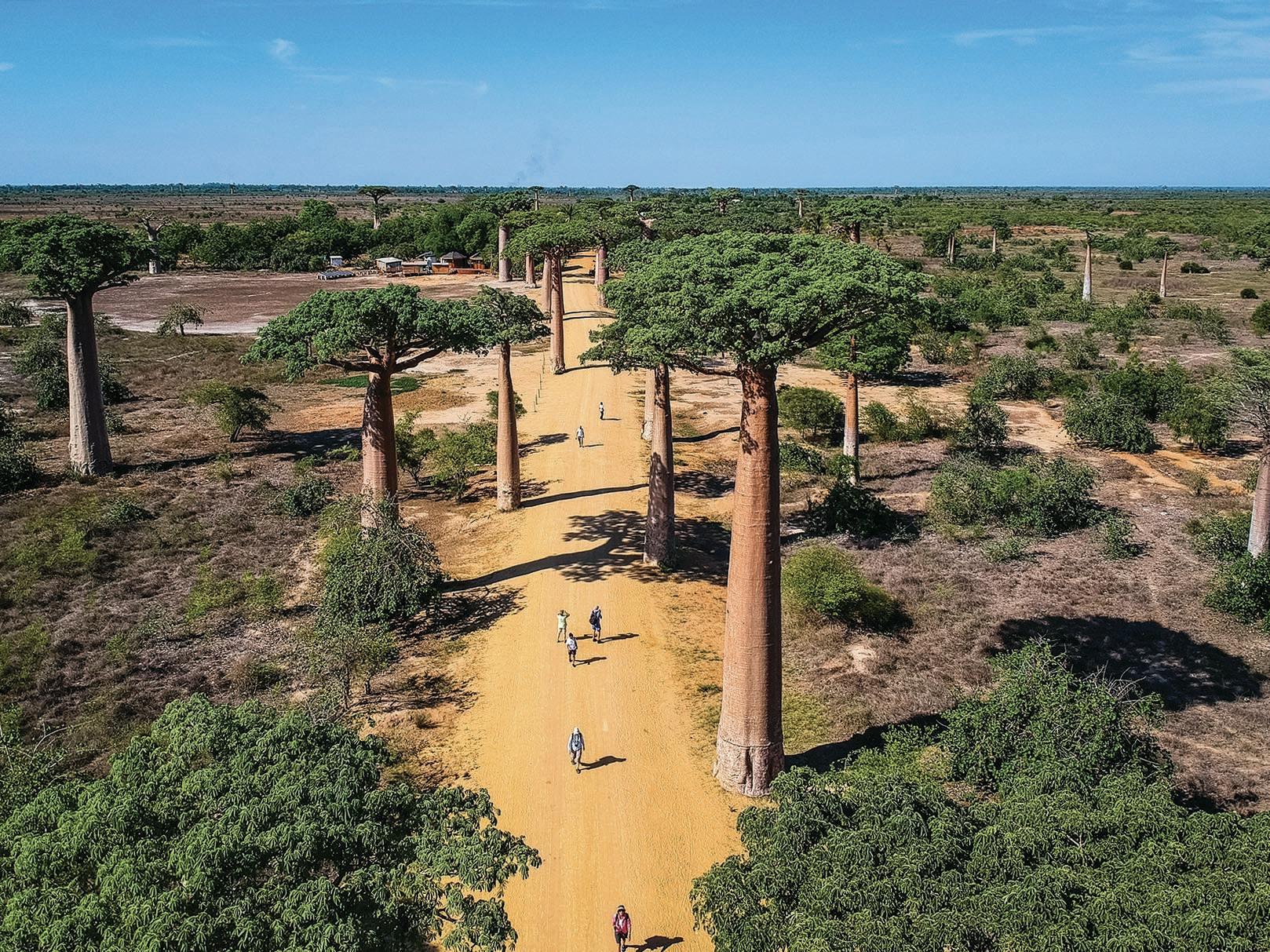Let’s Get Enriched: A Look at Madagascar Customs and People, by Damon Ramsey
In Silversea’s “Let’s Get Enriched” series, you don’t have to be onboard to feel your mind expanding into fascinating new territories as expedition and enrichment team members offer short takes on their favorite topics. Tune in as our experts share as much great info about their specialties as they do about the passions that fuel them.
Damon Ramsey, an enrichment lecturer aboard Silversea’s expedition vessels, tells us he is a biologist by trade who serves as a shark catcher in his spare time. Australian-born Ramsay is particularly intrigued by Madagascar customs and culture, unique to this island which lies across the Mozambique Channel from mainland Africa’s eastern coastline.

For the last decade, Damon has worked as a guide and lecturer for various companies and institutes around Australia and the Pacific, including day trips, overnight jungle hikes, rock art tours, documentary film crew, 4WD safaris, coral reef cruises, cycle tours, expedition cruises, wildlife and bird-watching tours, and biology, ecotourism and other study programs.
In this exclusive lecture, recorded especially for Silversea’s guests, Damon Ramsay takes us closer to the island’s people, introducing Madagascar customs, way of life and culture. Below, you’ll also find some fascinating facts about Madagascar and, of course, Madagascar vanilla.
What’s so intriguing about Madagascar and its people?
Africa may be the island’s closest landmass, but Madagascar was originally settled by Austronesians, sailing from what are now Indonesia and Borneo in Southeast Asia. Later, migrants came from East Africa, across the Mozambique Channel. “The result of all this mixing is beautifully exotic-looking people today,” Ramsey tells us.
One of the top Madagascar customs is that all houses face west. According to CultureTrip.com, Malagasy belief states that the best sunshine is in the afternoon as the sun starts to set, so all houses should open up facing west. In the traditional building process, the east façade is closed off with no windows or doors. Windows are usually only located in the north, and doors in the west.
Madagascar was the penultimate major landmass to be colonized by indigenous people, with the last being New Zealand.
Madagascar’s best-known cinematic moments are part of a three-part series of computer-animated movies, produced by DreamWorks. Its other claim to fame was that it inspired scenes in James Bond’s “Casino Royale.” Alas, it’s only one of a handful of countries that appear in Bond films without any real location shooting.
The island’s best known crop is Madagascar vanilla, and it’s the largest producer in the world of this very expensive product. Rice is another important crop, as it’s a major staple of the Malagasy diet.

Keep an eye out for women who paint their faces. In Madagascar, a custom associated with women of the Sakalava and Vezo tribes, among others, involves “beautiful patterns or flower designs in white and yellow paint.” The paint patterns aren’t completely cosmetic; they also protect the skin from sun damage and mosquito bites.
The recently-extinct flightless and thick-legged Elephant Birds, the biggest birds that have ever lived, dwelled in Madagascar some 1,000 years ago. Though now extinct, you can still find the massive subfossilized eggs of these gargantuan birds in some markets today. And they are the focus of a fascinating essay penned by renowned author Paul Theroux when he visited Madagascar on a Silversea World Cruise. You can read his account and those of other distinguished creatives in the Tale of Tales eBook.
Find Madagascar fascinating? Explore the enriching culture of East Africa with Silversea’s Indian Ocean itineraries.
